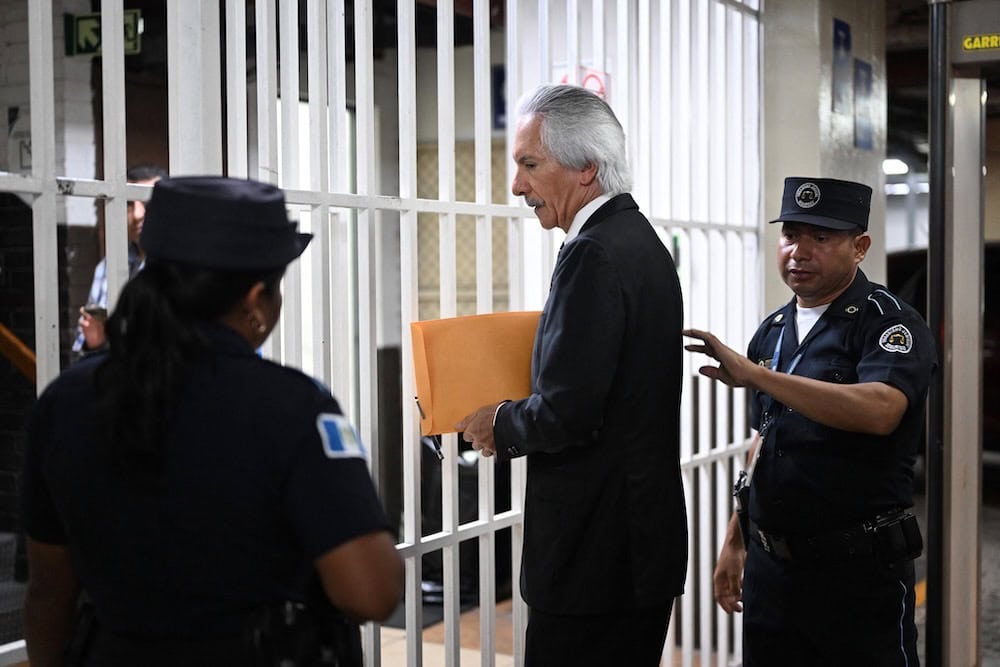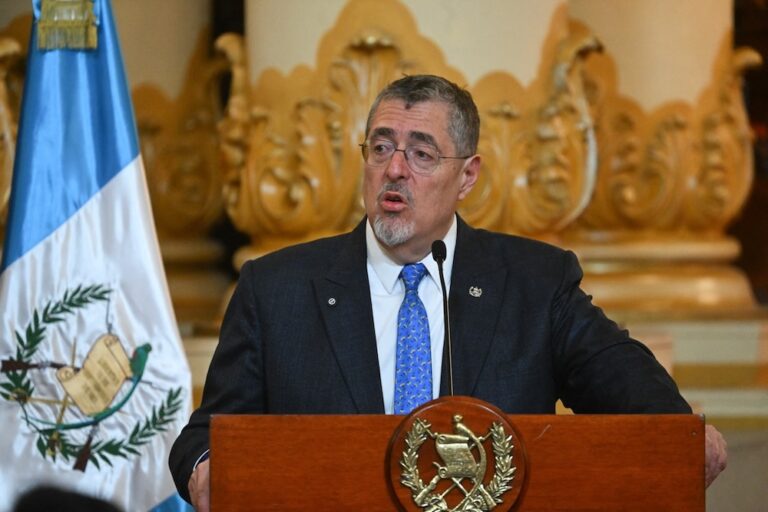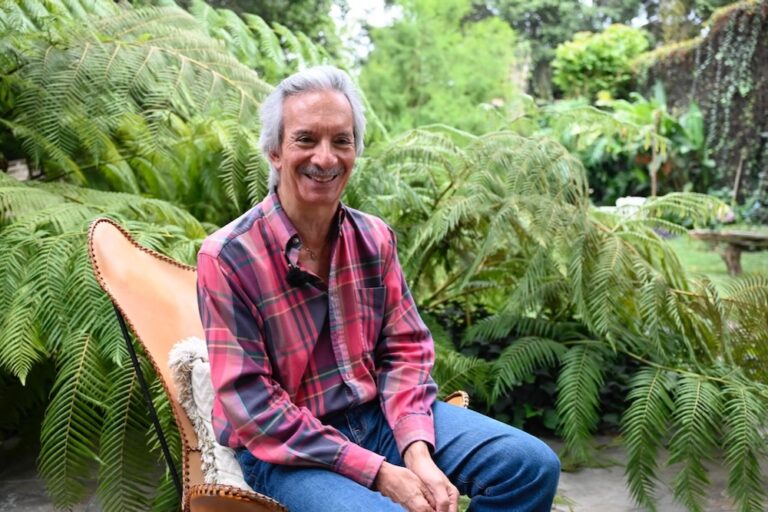José Rubén Zamora's arbitrary detention highlights that he has been consistently denied a fair trial, and there is no justification for his ongoing imprisonment.
This statement was originally published on cpj.org on 2 July 2024.
The Committee to Protect Journalists welcomes the United Nations Working Group on Arbitrary Detention’s Monday declaration that the continued imprisonment of Guatemalan investigative journalist José Rubén Zamora is arbitrary and in violation of international law. CPJ echoes the group’s call for Zamora’s immediate release.
“The U.N. Working Group’s acknowledgment of José Rubén Zamora’s arbitrary detention highlights that he has been consistently denied a fair trial, and there is no justification for his ongoing imprisonment,” said Cristina Zahar, CPJ’s Latin America program coordinator, from São Paulo. “Zamora’s prosecution was a retaliatory measure for his investigative reporting on government corruption, and he has faced an abusive judicial process driven by individuals also accused of corruption. His imprisonment has been unjust from the start.”
Zamora, the president of elPeriódico newspaper, was sentenced to six years’ imprisonment in June 2023 on money laundering charges widely condemned as retaliation for his journalism. An appeals court overturned Zamora’s conviction in October 2023 and ordered a retrial, but numerous delays have been imposed. He has been in detention since his July 2022 arrest.
A February report by the global monitoring group TrialWatch assigned a failing grade to Zamora’s legal proceedings, citing numerous breaches of international and regional fair-trial standards.
Monday’s opinion, endorsed by four international experts from the working group, examined the judicial process and the broader context of Zamora’s case, including prosecutors’ public statements, and recommended that Guatemalan authorities immediately release Zamora and compensate him.
The opinion highlighted the “widespread concern within the international community about the criminalization and prosecution of judges, prosecutors, journalists (including Mr. Zamora’s case), and human rights defenders in the context of the fight against corruption in Guatemala.” This included a pattern of investigating and criminalizing Zamora’s lawyers, the opinion said.



